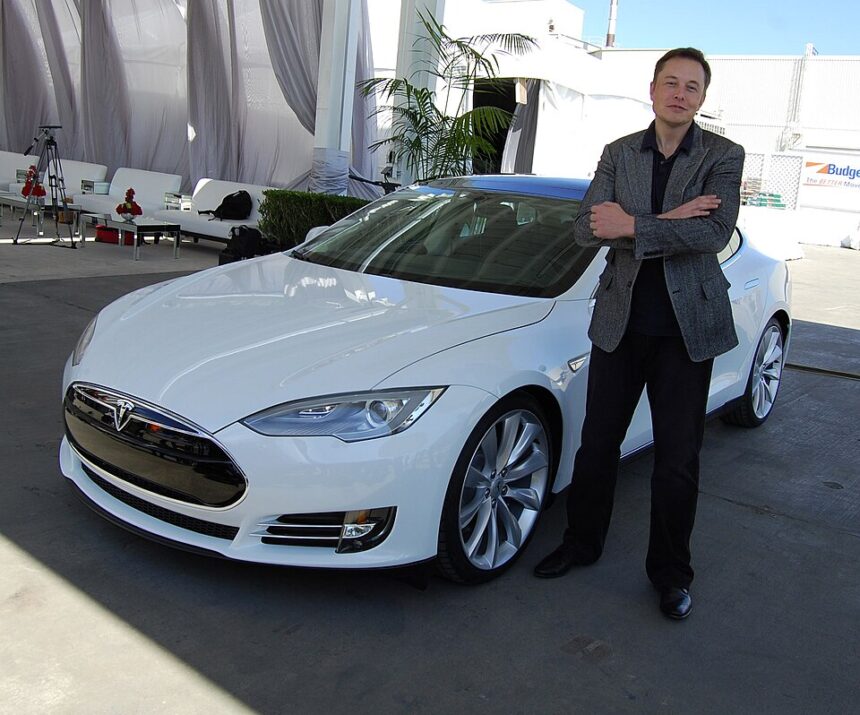On Tuesday, Tesla’s CEO Elon Musk declared that he would reduce his involvement with the Department of Government Efficiency (DOGE) under President Donald Trump starting next month. This announcement coincided with Tesla’s report of a 71 percent decrease in quarterly profits and a 20 percent drop in automotive revenue. Year-on-year, total revenue declined by 9 percent, amounting to $19.3 billion for the January to March quarter. Musk stated during the Tesla earnings call, ‘I anticipate that beginning next month in May, my commitment to DOGE will significantly decrease.’ He further noted, ‘The substantial effort required to establish the DOGE team and collaborate with the government to rectify financial issues is largely complete.’
Musk’s involvement in the Trump administration and his efforts to reduce federal spending have drawn considerable backlash. Protests have erupted at Tesla showrooms globally, condemning his role in federal job cuts, with reports of vandalism and employee walkouts impacting Tesla’s sales.
During the earnings call, Musk asserted that the protests were instigated by individuals who benefit from the ‘waste and fraud’ that DOGE aims to eliminate. ‘I believe it is imperative to combat waste and fraud to help steer the country back on course. If America falters, Tesla will inevitably suffer,’ Musk remarked. He concluded by expressing optimism about Tesla’s future, stating that its challenges are less severe than in the past and that advancements in autonomous driving and humanoid robotics would usher in a period of sustainable prosperity for all.
Tesla is currently under pressure due to changing trade policies. The recent imposition of US tariffs on Chinese imports, which have reached 145 percent, has led to retaliatory measures from China. Consequently, Tesla has suspended imports of essential components and has stopped accepting new orders for the Model S and Model X in China.
In a statement, the company expressed that the uncertainty in the automotive and energy sectors is increasing as the evolving trade policies adversely affect Tesla’s global supply chain and cost structure, as well as that of its competitors. Furthermore, Tesla’s shares have nearly halved in value since their peak in December. The automotive gross margin, excluding regulatory credits, fell to 12.5 percent from 13.6 percent in the fourth quarter, slightly surpassing expectations but still indicating cost pressures.
Despite attempts to reduce expenses, the company’s net income experienced a significant decline, with analysts attributing Tesla’s largest sales drop to Musk’s controversial involvement with DOGE. Earlier this month, Tesla announced a 13 percent decrease in deliveries for the first quarter, and analysts now predict a second consecutive year of declining deliveries in 2025.






